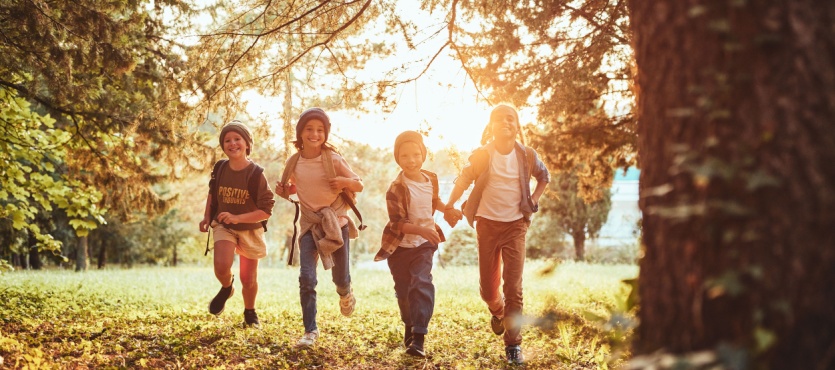In an age where environmental issues are becoming increasingly urgent, raising environmentally responsible children is more important than ever. Kids are naturally curious—drawn to the colors of a butterfly, the mystery of a tide pool, or the rustle of leaves in a forest. When this curiosity is nurtured in the right environment, it can evolve into a deep respect for nature and a lifelong commitment to conservation.
Outdoor camps provide the perfect setting for this transformation. By immersing children in the natural world and offering them hands-on experiences with ecosystems, wildlife, and sustainability practices, camps like Camp Live Oak help bridge the gap between learning and action. The goal isn’t just to educate—it’s to inspire young people to care for the planet and feel empowered to make a difference.
The Power of Immersive Learning
Environmental awareness starts with observation. When children spend time outdoors, they begin to notice patterns in nature—how birds behave, how plants grow, or how water moves through different terrains. Camps that incorporate environmental education give children the space and time to ask questions, investigate answers, and build a relationship with the world around them.
At Camp Live Oak, nature isn’t a background—it’s the classroom. Programs involve direct interaction with Florida’s native wildlife and ecosystems, encouraging campers to explore, observe, and learn. When kids are actively involved in their environment, they’re more likely to understand its value and develop a sense of responsibility for its well-being.
Hands-On Activities That Inspire Action
Conservation isn’t taught through lectures—it’s taught through experience. Camp activities that promote environmental responsibility are both educational and engaging. Some examples include:
- Wildlife observation and tracking, which teaches children to respect and understand animal behavior.
- Nature hikes, where campers learn about local ecosystems, plant species, and the importance of biodiversity.
- Science experiments and eco-crafts, which repurpose natural or recycled materials into creative projects, showing how to reduce waste.
- Marine and freshwater exploration, where children discover aquatic life and learn how pollution affects water systems.
These types of experiences help children connect cause and effect. When they see how litter impacts a stream or how plants support insects and birds, they begin to understand the interconnectedness of all living things—and their own role in protecting it.
Teaching Stewardship and Sustainability
Beyond appreciation, environmental education at camp helps children grasp practical sustainability concepts. Lessons on composting, recycling, reducing plastic use, and conserving water are often integrated into daily camp routines.
By practicing these habits in a fun, community-focused environment, campers learn that conservation is not just important—it’s doable. They begin to see that small actions, when practiced consistently, can have a big impact. These early lessons in stewardship create the foundation for lifelong eco-consciousness.
Modeling and Mentorship
One of the most powerful aspects of camp is the example set by counselors and staff. When campers see adults modeling eco-friendly behavior—whether it’s respecting wildlife, minimizing waste, or speaking passionately about conservation—they are more likely to adopt those behaviors themselves.
Camp Live Oak’s Teen Eco Experience, for example, provides older campers with leadership roles that include mentoring younger children and participating in more advanced environmental initiatives. This peer influence creates a ripple effect, spreading eco-conscious attitudes throughout the entire camp community.
Building Emotional Connections to Nature
True environmental responsibility grows from love—not fear. When children develop emotional bonds with nature—through quiet reflection, joyful play, or moments of awe—they become more motivated to protect it. Camps foster these connections by encouraging mindfulness, appreciation, and a sense of belonging in the natural world.
When a camper watches a heron take flight or discovers a lizard sunbathing on a rock, it’s more than just an observation—it’s a memory. These experiences shape the way children think about their place in the world and their role in preserving its beauty.
Growing Conservation-Minded Citizens
Outdoor camps are uniquely positioned to turn curiosity into conservation. By combining immersive learning, hands-on activities, sustainable practices, and positive mentorship, camps give children the tools they need to become environmentally responsible citizens.
At Camp Live Oak, environmental education is more than a lesson—it’s a way of life. Our programs inspire campers to care deeply about the natural world and empower them to protect it. Through adventure, exploration, and hands-on experience, we help young minds grow into thoughtful stewards of the Earth.
To learn more about our nature-based programs and how we teach kids to love and protect their planet, visit our contact page.

